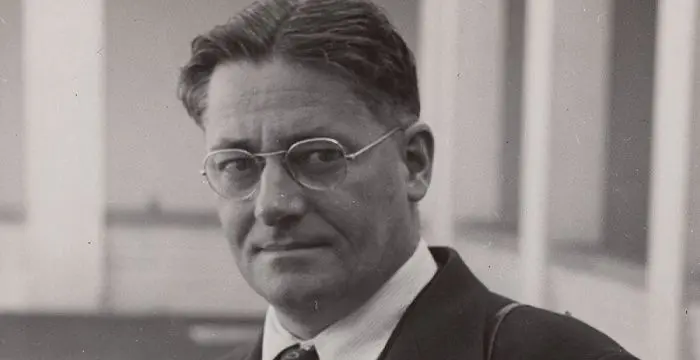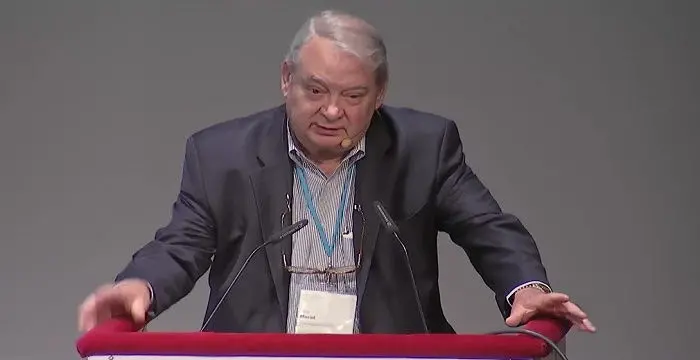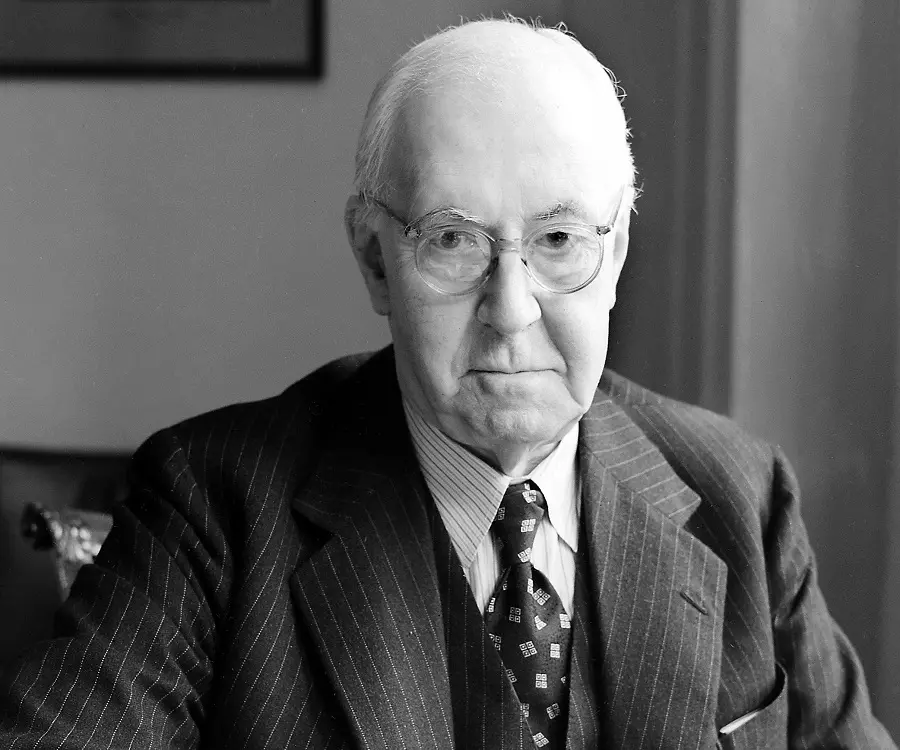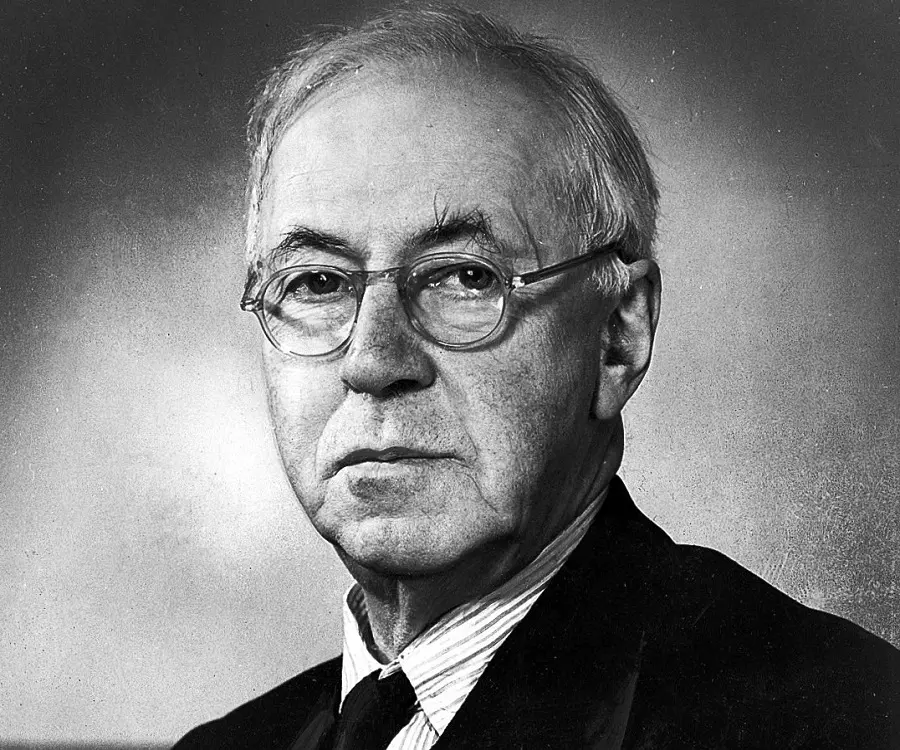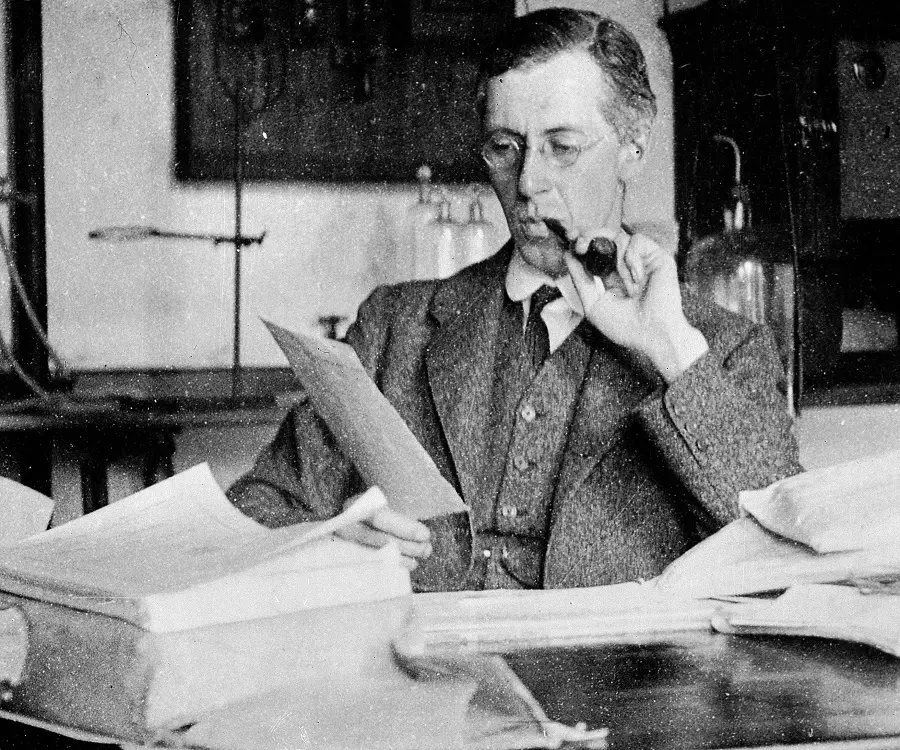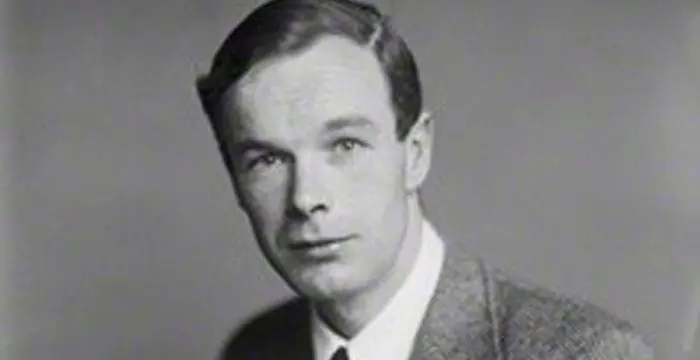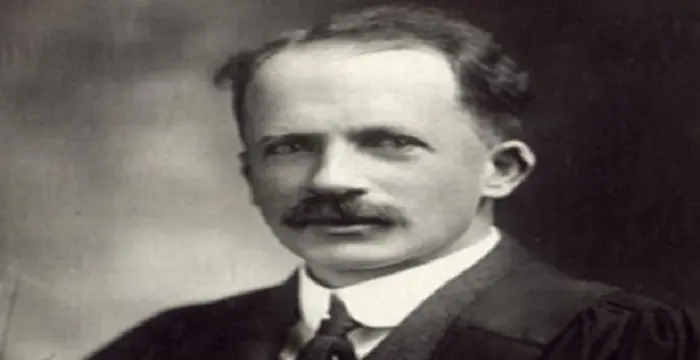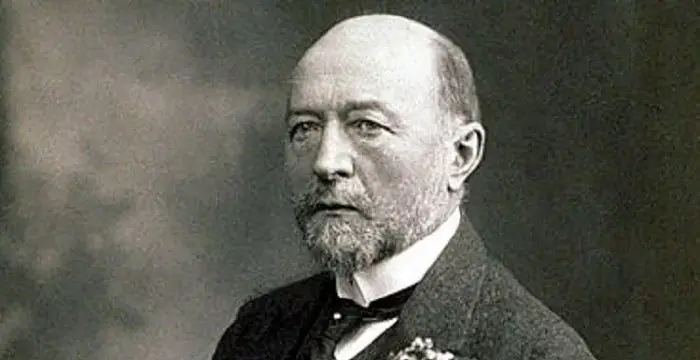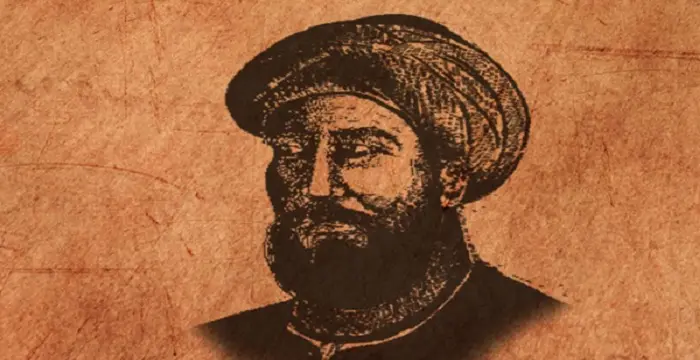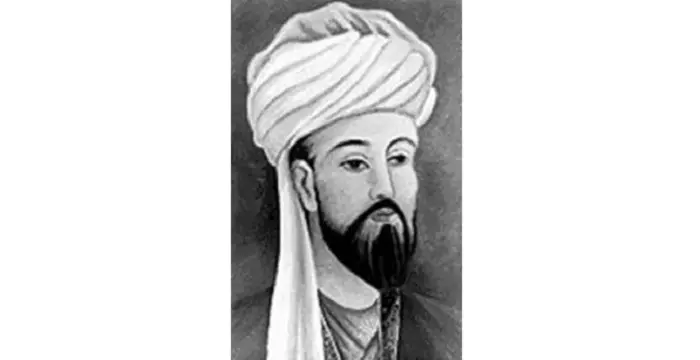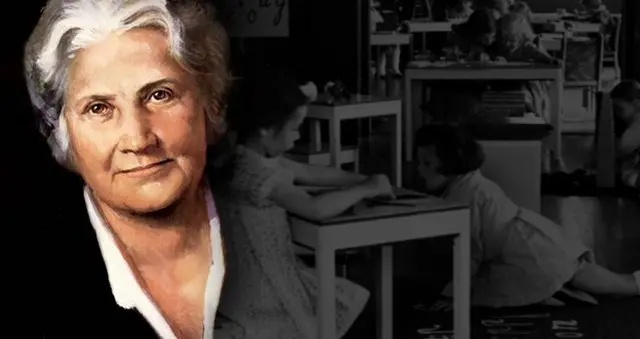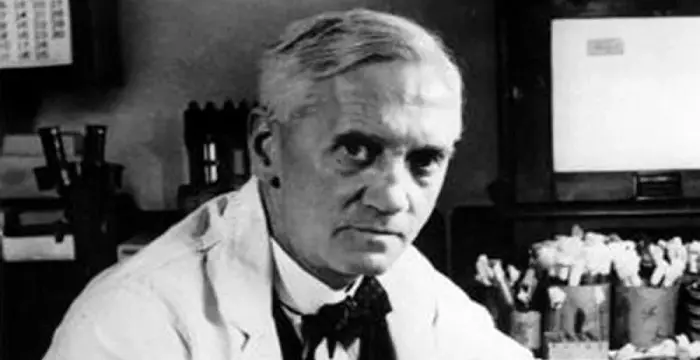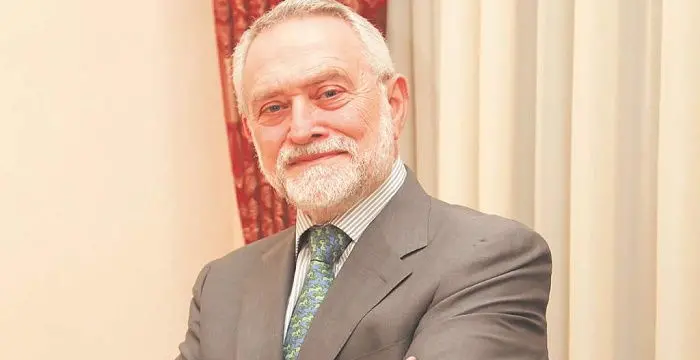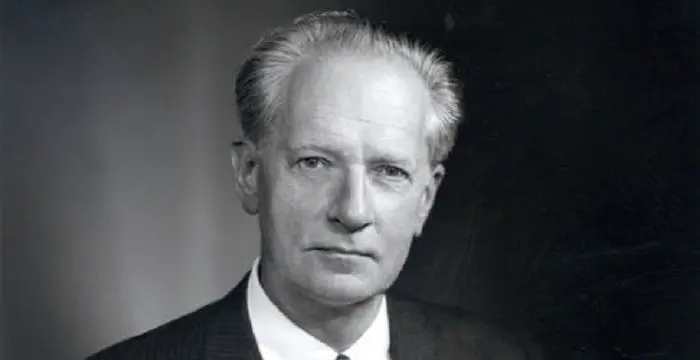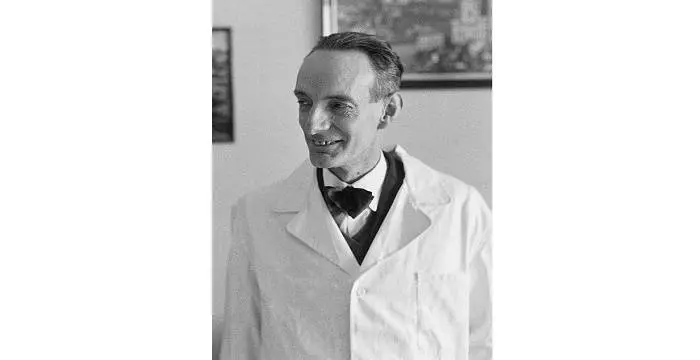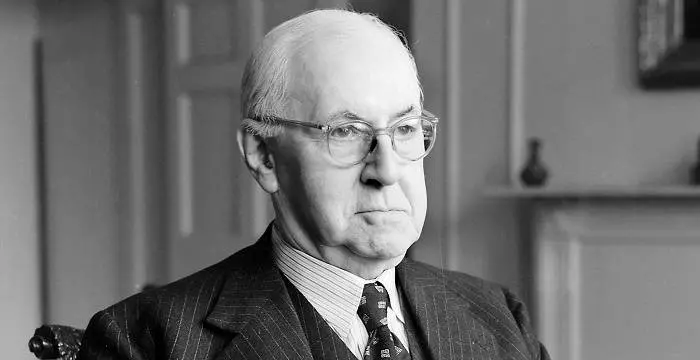
Henry Hallett Dale - Pharmacologists, Timeline and Childhood
Henry Hallett Dale's Personal Details
Sir Henry Hallett Dale was a British physiologist who won the Nobel Prize in Medicine in 1936
| Information | Detail |
|---|---|
| Birthday | June 9, 1875 |
| Died on | July 23, 1968 |
| Nationality | British |
| Famous | Trinity College, Cambridge, Physicians, Pharmacologists, Pharmacologists, Physiologists |
| Known as | Henry H. Dale |
| Universities |
|
| Notable Alumnis |
|
| Birth Place | Islington |
| Gender | Male |
| Sun Sign | Gemini |
| Born in | Islington |
| Famous as | Physiologist & Pharmacologist |
| Died at Age | 93 |
// Famous Pharmacologists
Howard Florey
Howard Florey was an eminent Australian pathologist who is credited for making penicillin available to the world. With this biography, explore about his childhood, life, achievements and timeline.
Ulf von Euler
Ulf von Euler was a noted Swedish physiologist who was one of the joint winners of the 1970 Nobel Prize in Physiology or Medicine. Check out this biography to know about his childhood, life, achievements, works & timeline.
Ferid Murad
Ferid Murad is an American physician and pharmacologist who won a share of the 1998 Nobel Prize in Physiology or Medicine. Check out this biography to know about his childhood, life, achievements, works & timeline.
Henry Hallett Dale's photo
Who is Henry Hallett Dale?
Sir Henry Hallett Dale was a British physiologist and pharmacologist who shared the Nobel Prize in Medicine in 1936 with German pharmacologist Otto Loewi “for their discoveries in the chemical transmission of nerve impulses”. Shortly after specializing in physiology and zoology from Trinity College, Cambridge he embarked on his research career at the Wellcome Physiological Research Laboratories. He received his medical degree from Cambridge in 1909 and eventually became the Director of the National Institute for Medical Research, London. He also served as Secretary and later President of the Royal Society. In his research career, he identified the compound histamine in animal tissues and determined that the chemical’s physiological effects such as the dilation of blood vessels and contraction of smooth muscles were similar to the symptoms of some allergic and anaphylactic reactions. He successfully isolated acetylcholine, established its occurrence in animal tissue, and confirmed its presence at nerve endings. His research established the role of acetylcholine in the chemical transmission of nerve impulses. He played a crucial role in promoting international standards for active biological substances like hormones, antitoxins, and vaccines. During his lifetime, he was honoured with Knighthood, the Order of Merit, and Knight Grand Cross of the Order of the British Empire.
// Famous Physiologists
Alan Lloyd Hodgkin
Sir Alan Lloyd Hodgkin was an English biophysicist and a physiologist who received the Nobel prize in Physiology or Medicine in 1963. This biography profiles his childhood, life, research, achievements and timeline.
John James Rickard Macleod
John James Rickard Macleod was a Scottish biochemist and physiologist who is credited for the discovery of insulin. With this biography, explore in detail about his life, career, scientific research and timeline.
Emil Adolf von Behring
Emil Behring was a famous German physiologist who won the Nobel Prize for discovering an antitoxin for diphtheria. To know more about his childhood, career, profile and timeline read on
Childhood & Early Life
Henry Hallett Dale was born on 9 June 1875, in London, to Charles James Dale, a pottery businessman, and his wife, Frances Anne Hallett. He had six siblings.
He attended Tollington Park College, London and then Leys School, Cambridge. In 1894, he joined Trinity College, University of Cambridge with a scholarship.
In 1898, he achieved a First Class in Natural Sciences Tripos (specializing in physiology and zoology) and obtained the Coutts-Trotter studentship at Trinity College. For the next two years, he worked under physiologist John N. Langley and also came under the influence of Gaskell and Sir Hopkins, leading to the publication of his first scientific paper in the Journal of Physiology at the age of 24.
In 1900, he received a scholarship and joined St. Bartholomew's Hospital, London for clinical medical studies. He researched under Professor Ernest Starling at University College London (UCL) and in 1903, was part of the team that conducted a vivisection of a dog, leading to the notorious event of the Brown Dog affair. At UCL, he met his lifelong friend Otto Loewi.
In 1903, he also studied under Paul Ehrlich in Frankfurt, Germany for four months following which he returned to UCL as Sharpey Scholar. He qualified as B.Ch. Cambridge the same year.
Career
In 1904, Henry Hallett Dale became a pharmacologist at the Wellcome Physiological Research Laboratories. Two years later in 1906, he became Director of these laboratories and continued in the post for the next six years. Meanwhile, he received his M.D. from Cambridge in 1909.
In 1914, he became Director of the Department of Biochemistry and Pharmacology at the National Institute for Medical Research, London. The same year, he was elected a Fellow of the Royal Society and served as Secretary from 1925 to 1935.
In 1928, he became Director of the National Institute for Medical Research London, a post he held till 1942. Meanwhile, he was honoured with a knighthood in 1932 and four years later, he and Otto Loewi jointly won the prestigious Nobel Prize in Medicine.
During World War II, he served on the Scientific Advisory Committees of the cabinet. He also served as President of the Royal Society from 1940 to 1945.
In 1942, he became Fullerian Professor of Chemistry and Director of the Davy-Faraday Research Laboratory at Royal Institution, London. He was appointed to the Order of Merit in 1944.
After 1946, he took an active interest in the administration of the Wellcome Trust, for the support of medical research and scholarships. He served as Chairman of the Board for twenty two years, from 1938 until 1960.
He was honoured with the Knight Grand Cross of the Order of the British Empire in 1948 and served as President of the Royal Society of Medicine from 1948 to 1950.
In later years, he supported the international campaign to standardize drugs and vaccines. He also promoted the peaceful use of nuclear energy and the value of scientific research.
Major Works
Sir Henry identified the compound histamine in animal tissues in 1911 and determined that the chemical’s physiological effects such as the dilation of blood vessels and contraction of smooth muscles were similar to the symptoms of some allergic and anaphylactic reactions.
In 1914, he successfully isolated acetylcholine and established its occurrence in animal tissue. Later in the 1930s, he confirmed its presence at nerve endings. His research established the role of acetylcholine in the chemical transmission of nerve impulses.
Apart from frequent articles and papers published in medical and scientific journals, he authored ‘Adventures in Physiology’ in 1953 and ‘An Autumn Gleaning’ in 1954.
Awards & Achievements
The Nobel Prize in Physiology or Medicine 1936 was awarded jointly to Henry Hallett Dale and Otto Loewi “for their discoveries relating to chemical transmission of nerve impulses”.
He received several other honours such as the Knight Grand Cross, Order of the British Empire in 1948, Medal of Freedom (Silver Palm), U.S.A. in 1947, the Grand-Croix de l'Ordre de la Couronne, Belgium in 1950, and l'Ordre pour le Mérite, Western Germany in 1955.
He received fellowships of numerous learned societies and institutions of the world, including the Royal Society of Edinburgh and Trinity College, Cambridge. He received over twenty honorary degrees in his lifetime.
Personal Life & Legacy
In 1904, Henry Hallett Dale married his first cousin, Elen Harriet Hallett. The couple had a son and two daughters.
He died on 23 July 1968 after a brief period of illness.
Trivia
His younger brother, Benjamin Dale, was a skilled composer and warden of the Royal Academy of Music.
// Famous Physicians
Al-Zahrawi
Al-Zahrawi, was an illustrious medieval Arab Muslim physician and surgeon. Check out this biography to know about his childhood, family life, achievements and interesting facts about him.
Jabir Ibn Hayyan
Jabir Ibn Hayyan was a medieval era polymath. Check out this biography to know about his life, works and achievements.
Maria Montessori
Maria Montessori was a physician and educator who developed the approach of Montessori education. This biography of Maria Montessori provides detailed information about her childhood, life, achievements, works & timeline.
Henry Hallett Dale's awards
| Year | Name | Award |
|---|---|---|
Other | ||
| 0 | 1936 - Nobel Prize in Physiology or Medicine | |
| 0 | 1937 - Copley Medal | |
Henry Hallett Dale biography timelines
- // 9th Jun 1875Henry Hallett Dale was born on 9 June 1875, in London, to Charles James Dale, a pottery businessman, and his wife, Frances Anne Hallett. He had six siblings.
- // 1894He attended Tollington Park College, London and then Leys School, Cambridge. In 1894, he joined Trinity College, University of Cambridge with a scholarship.
- // 1898In 1898, he achieved a First Class in Natural Sciences Tripos (specializing in physiology and zoology) and obtained the Coutts-Trotter studentship at Trinity College. For the next two years, he worked under physiologist John N. Langley and also came under the influence of Gaskell and Sir Hopkins, leading to the publication of his first scientific paper in the Journal of Physiology at the age of 24.
- // 1900 To 1903In 1900, he received a scholarship and joined St. Bartholomew's Hospital, London for clinical medical studies. He researched under Professor Ernest Starling at University College London (UCL) and in 1903, was part of the team that conducted a vivisection of a dog, leading to the notorious event of the Brown Dog affair. At UCL, he met his lifelong friend Otto Loewi.
- // 1903In 1903, he also studied under Paul Ehrlich in Frankfurt, Germany for four months following which he returned to UCL as Sharpey Scholar. He qualified as B.Ch. Cambridge the same year.
- // 1904In 1904, Henry Hallett Dale married his first cousin, Elen Harriet Hallett. The couple had a son and two daughters.
- // 1911Sir Henry identified the compound histamine in animal tissues in 1911 and determined that the chemical’s physiological effects such as the dilation of blood vessels and contraction of smooth muscles were similar to the symptoms of some allergic and anaphylactic reactions.
- // 1914In 1914, he successfully isolated acetylcholine and established its occurrence in animal tissue. Later in the 1930s, he confirmed its presence at nerve endings. His research established the role of acetylcholine in the chemical transmission of nerve impulses.
- // 1936The Nobel Prize in Physiology or Medicine 1936 was awarded jointly to Henry Hallett Dale and Otto Loewi “for their discoveries relating to chemical transmission of nerve impulses”.
- // 1940 To 1945During World War II, he served on the Scientific Advisory Committees of the cabinet. He also served as President of the Royal Society from 1940 to 1945.
- // 1942 To 1944In 1942, he became Fullerian Professor of Chemistry and Director of the Davy-Faraday Research Laboratory at Royal Institution, London. He was appointed to the Order of Merit in 1944.
- // 1953 To 1954Apart from frequent articles and papers published in medical and scientific journals, he authored ‘Adventures in Physiology’ in 1953 and ‘An Autumn Gleaning’ in 1954.
- // 23rd Jul 1968He died on 23 July 1968 after a brief period of illness.
// Famous Pharmacologists
Alexander Fleming
Alexander Fleming was a Scottish biologist and pharmacologist who discovered enzyme lysozyme and antibiotic penicillin. This biography of Alexander Fleming profiles his childhood, life, research, discoveries, achievements and timeline.
Howard Florey
Howard Florey was an eminent Australian pathologist who is credited for making penicillin available to the world. With this biography, explore about his childhood, life, achievements and timeline.
Salvador Moncada
Salvador Moncada is a Honduran-British pharmacologist and professor. This biography of Salvador Moncada provides detailed information about his childhood, life, achievements, works & timeline
Carl Ferdinand Cori
Carl Ferdinand Cori was a Czech biochemist and pharmacologist who won the 1947 Nobel Prize in Medicine. Check out this biography to know about his childhood, life, achievements, works & timeline.
Daniel Bovet
Daniel Bovet was a Nobel laureate pharmacologist who is known for discovering the chemotherapeutic agents. This biography provides detailed information about his childhood, life, career, scientific discoveries and timeline.
Ulf von Euler
Ulf von Euler was a noted Swedish physiologist who was one of the joint winners of the 1970 Nobel Prize in Physiology or Medicine. Check out this biography to know about his childhood, life, achievements, works & timeline.
Henry Hallett Dale's FAQ
What is Henry Hallett Dale birthday?
Henry Hallett Dale was born at 1875-06-09
When was Henry Hallett Dale died?
Henry Hallett Dale was died at 1968-07-23
Where was Henry Hallett Dale died?
Henry Hallett Dale was died in Cambridge
Which age was Henry Hallett Dale died?
Henry Hallett Dale was died at age 93
Where is Henry Hallett Dale's birth place?
Henry Hallett Dale was born in Islington
What is Henry Hallett Dale nationalities?
Henry Hallett Dale's nationalities is British
What was Henry Hallett Dale universities?
Henry Hallett Dale studied at Trinity College, Cambridge, Trinity College, Cambridge, University of Cambridge
What was Henry Hallett Dale notable alumnis?
Henry Hallett Dale's notable alumnis is Trinity College, Cambridge
What is Henry Hallett Dale's sun sign?
Henry Hallett Dale is Gemini
How famous is Henry Hallett Dale?
Henry Hallett Dale is famouse as Physiologist & Pharmacologist
